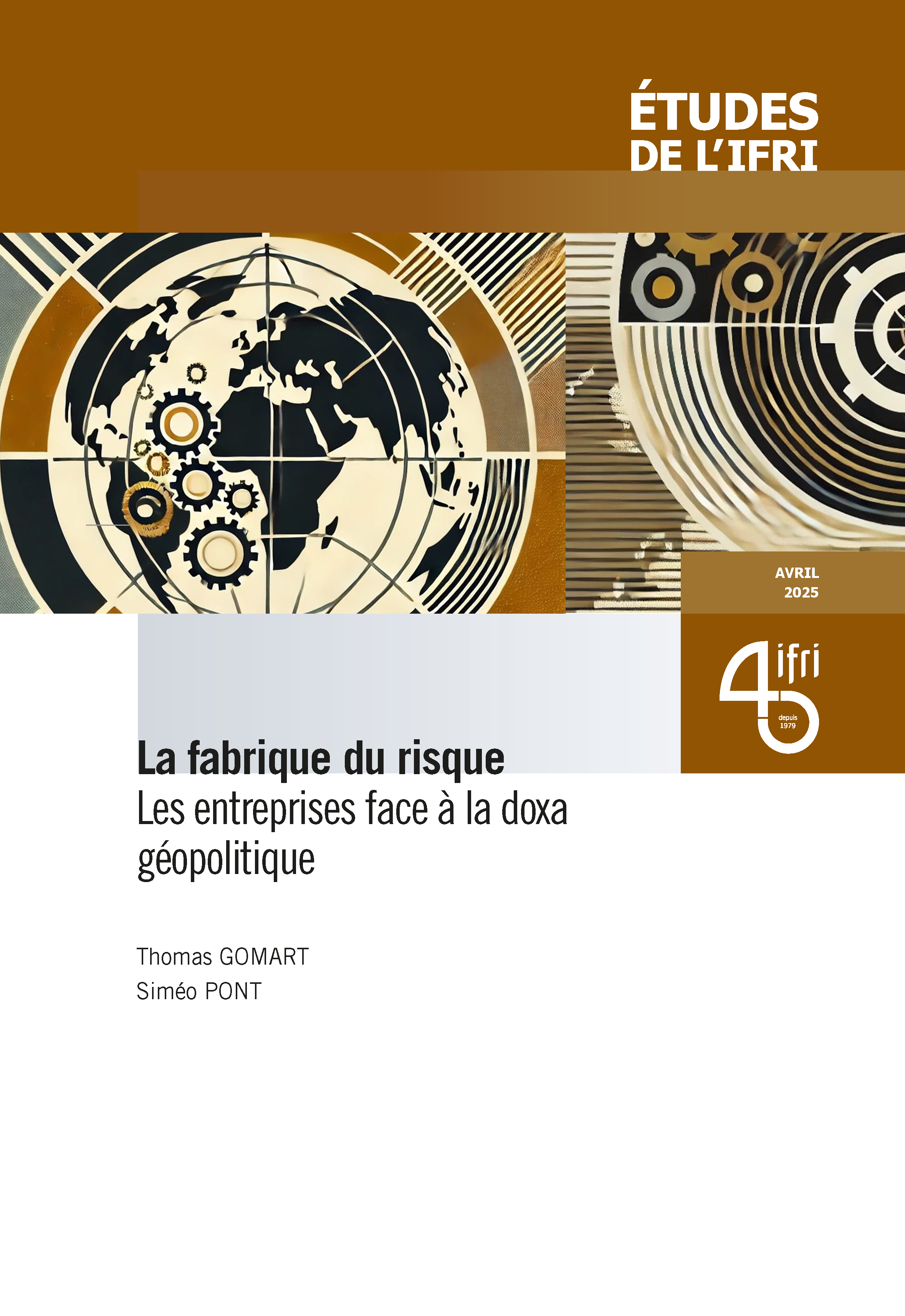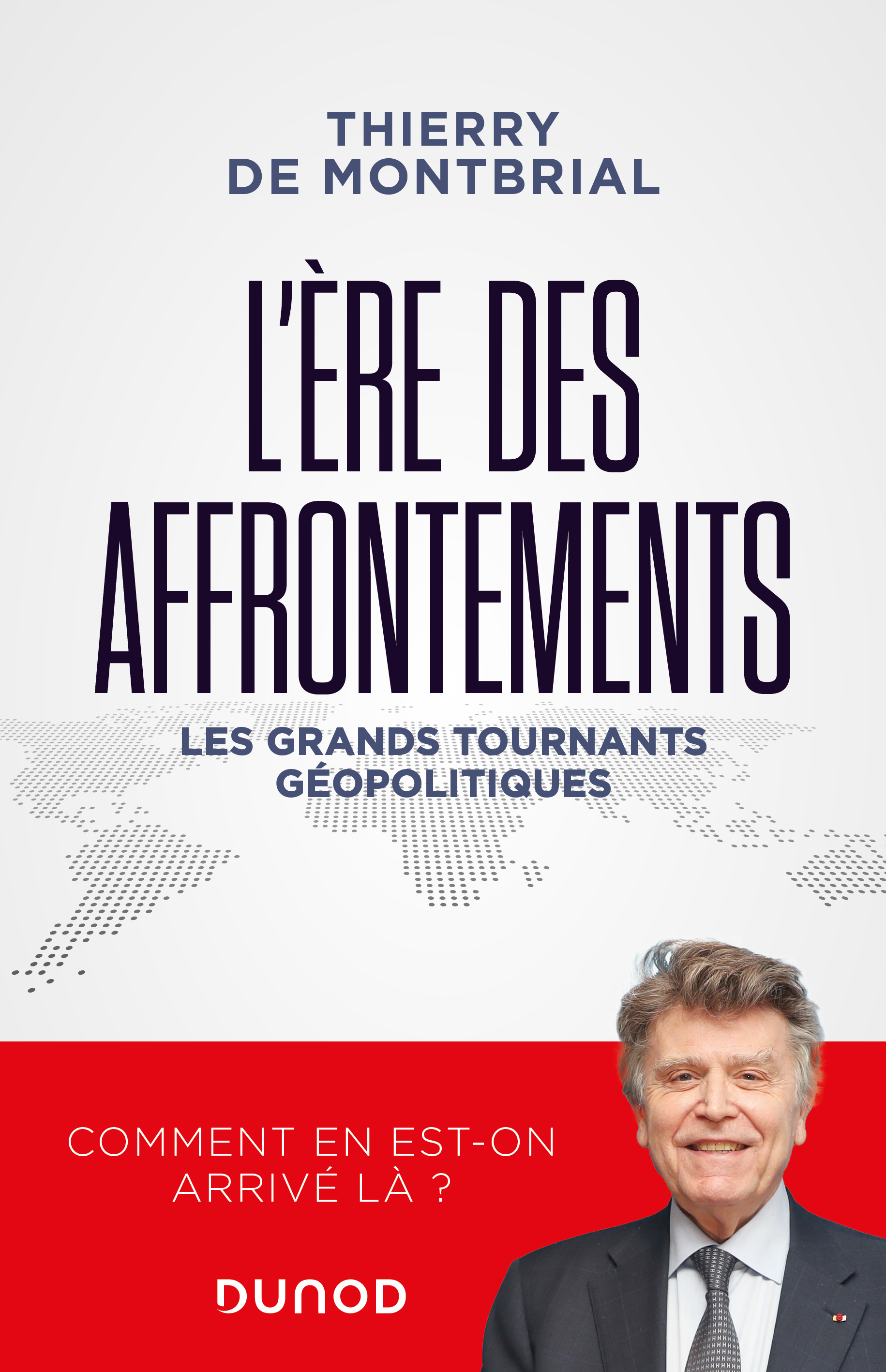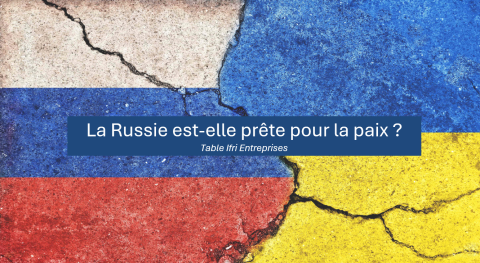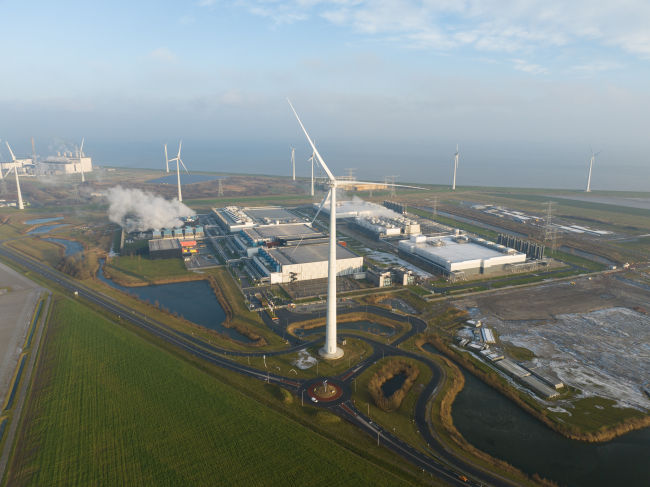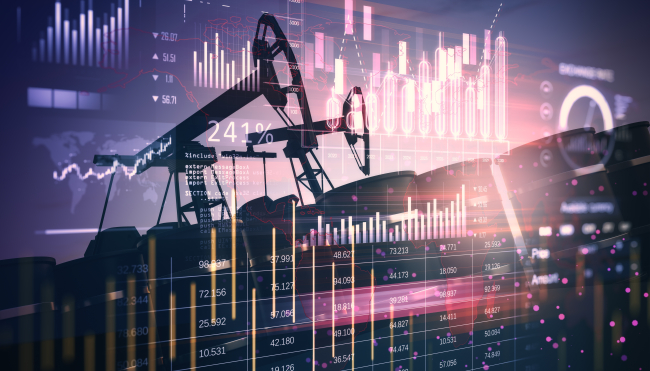Oil and gas resources of Middle East and North Africa: a curse or a blessing?
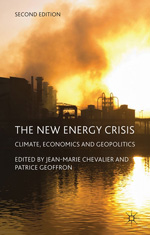
in The New Energy Crisis: Climate, Economics and Geopolitics, Ed. By J.M. Chevalier, foreword by C. Mandil, Palgrave Macmillan, 2nd Edition, 2013, Chapter 5.
Overview
Global warming reveals that the current evolution of the world consumption is on an unsustainable path. Humankind's insatiable appetite for energy has sparked a new crisis. In a world where climate change has become a proven reality, there lies a deep uncertainty about the physical, economic and social impacts of this phenomenon. The New Energy Crisis examines the impact of climate change issues into energy economics and geopolitics. Climate is a public resource that needs to be universally managed. The world economy has become global, but world geopolitics has not. Nations are still here, defending their wealth, their local interests and their ambitions.
This book follows a regional approach to improve our understanding of the dynamics of a multi-power world. Each region has its own specifications in terms of resource endowment, history and sensitivity to climate change. For millions of people economic growth is a priority, meaning increased energy consumption. The aggravation of global warming emphasises the cost of inaction at Copenhagen or Cancun, while the financial crisis engulfing so much of the world increases the energy demand of emerging countries, exacerbating economic and geopolitical tensions. This book offers a concise view of what is in store for our future, and proposes that the real challenge of the century is to reinforce world governance to overcome this crisis. Solidarity between nations, people, and generations is the key.
Contributors
Jean-Marie Chevalier is currently Professor of Economics at Paris-Dauphine University, France,at the Centre de Géopolitique de l`Energie et des Matières Premières (CGEMP). He is also a Senior Associate at Cambridge Energy Research Associates (IHS/CERA, Paris office). He has published numerous books and articles on energy economics and industrial organization. Recent publications include Les 100 mots de l`énergie (2010), Report on Oil Price Volatility (Report for Mrs Christine Lagarde, French Minister of Economy, Industry and Employment 2010), and Les marchés européens du gaz et de l`électricité: un défi pour l`Europe et pour la France (2008). Jean-Marie Chevalier graduated from the Institut d`Etudes Politiques de Paris and holds a PhD in economics from the University Pantheon-Sorbonne.
Patrice Geofronn is Professor of Economics at Paris-Dauphine University, France. Formerly international Vice-President of Paris-Dauphine, he is now Director of the CGEMP (Research Center in Energy and Raw Materials Economics) and President of the advisory council of the Climate Economics Chair. He regularly assists European energy corporations on strategic and regulatory issues and is economic expert for the International Center for Settlement of Investment Disputes (World Bank). He has been awarded a PhD in industrial organisation, and has recently published volumes on climate friendly energy systems and competition in network industries.Patrice Geoffron has been invited professor at the University of TodaI, Tokyo, and the University of Fudan, Shanghai. He is a member of the editorial board of the Journal of Management and Network Economics.
Table of Contents
Foreword; C.Mandil
The New Energy Crisis; J-M.Chevalier
The Carbon-Dependent Asian Dynamics; P.Geoffron & S.Rouhier
Russia and Central Asia: Between East and West; N.Campaner & A.Gubaidullin
Energy Poverty and Economic Development; J-M.Chevalier & N.Ouedraogo
Middle East and North Africa: Oil Curse or Blessing?; M.C.Aoun
The United States: Energy at a Turning Point?; S.Meritet & F.Salaun
A European Vision of our Energy Future; J.Horst Keppler
Energy Finance; D.Lautier & Y.Simon
Winning The Battle?; J-M.Chevalier

Contenu disponible en :
Régions et thématiques
Utilisation
Comment citer cette publicationPartager
Centres et programmes liés
Découvrez nos autres centres et programmes de rechercheEn savoir plus
Découvrir toutes nos analysesIA, centres de données et demande d'énergie : quelles tendances ?
Le secteur des technologies de l’information et de la communication représente aujourd’hui 9 % de la consommation mondiale d’électricité, les centres de données (data centers) 1 à 1,3 % et l’intelligence artificielle (IA) moins de 0,2 %. La demande croissante d’énergie du cloud d’abord, et maintenant de l’IA (10 % de la demande d’électricité des data centers aujourd’hui), a exacerbé cette tendance. À l'avenir, les centres de données à grande échelle gagneront du terrain parmi tous les types de centres de données et l'IA représentera probablement environ 20 % de la demande d'électricité des centres de données d'ici à 2030.
Accélération de la transition énergétique de l’Inde : le défi de la flexibilité des réseaux au cœur des enjeux
L’Inde augmente rapidement sa capacité en énergies renouvelables (EnR), ajoutant 15 à 20 GW par an, mais l’objectif ambitieux de 500 GW de capacité non fossile d’ici 2030 est menacé si le rythme de déploiement des EnR ne s’accélère pas.
Pétrole : incertitudes et perspectives divergentes à moyen et long termes
La crise du marché pétrolier en 2014 a débouché sur une reprise en main du marché par l’Organisation des pays exportateurs de pétrole (OPEP). Celle-ci s’est mise d’accord sur une diminution des quotas de production de tous ses membres, notamment les pays du Moyen-Orient et l’organisation s’est alliée à d’autres producteurs, principalement la Russie, au sein de l’alliance dite « OPEP+ ». Son pouvoir de marché s’est confirmé à l’occasion de la pandémie, après un éclatement temporaire de l’alliance élargie.
France-Allemagne : un sursaut dans l’énergie est indispensable
La France et l’Allemagne doivent surmonter leurs désaccords et travailler ensemble pour limiter les coûts de la transition et renforcer la sécurité énergétique. La complémentarité, plutôt que l’uniformisation des trajectoires, doit être recherchée. Un nouveau départ peut avoir lieu en 2025 à la suite des élections allemandes et implique plus de flexibilité et d’efficacité dans la mise en œuvre des objectifs européens, ainsi que l’ancrage systématique du principe de neutralité technologique.


